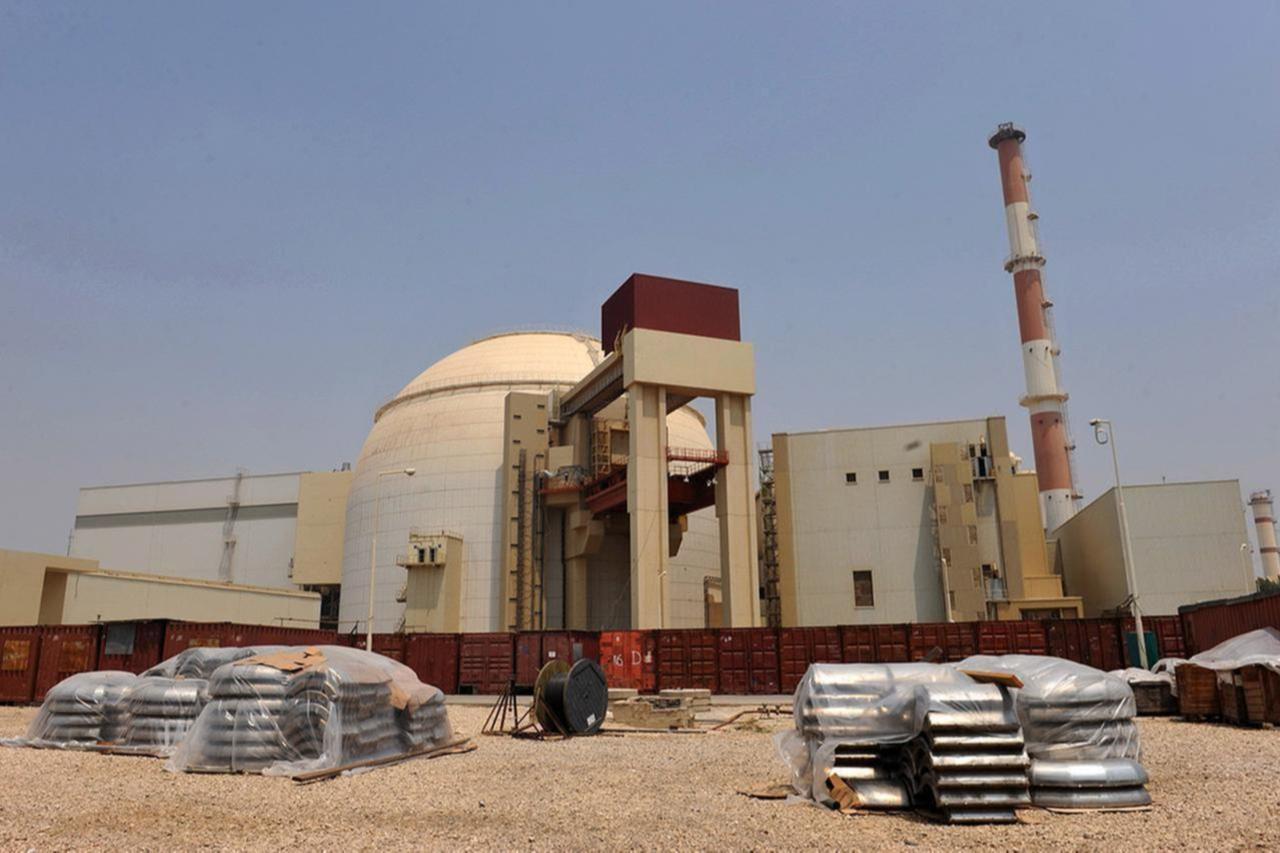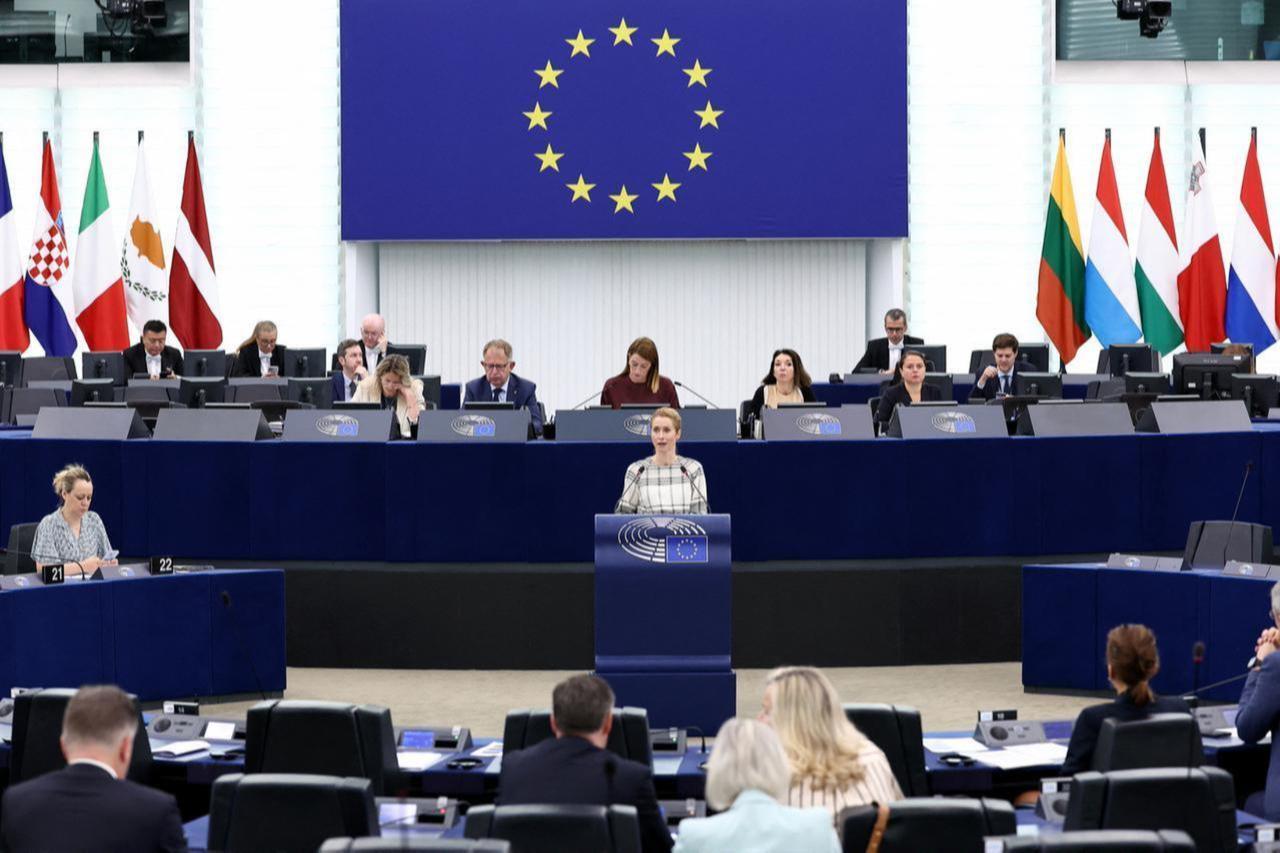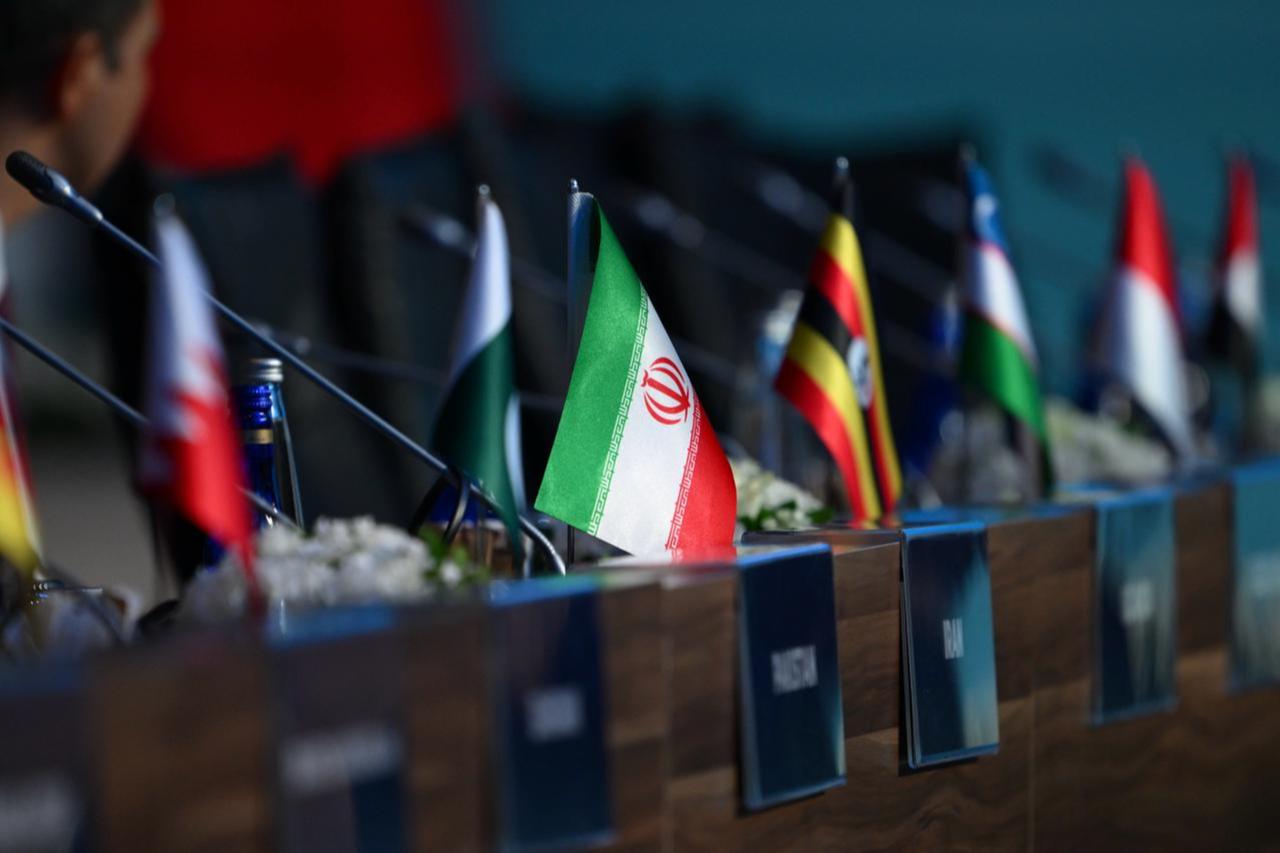
Germany on Thursday advised its citizens to leave Iran immediately, warning of potential reprisals after Berlin, London and Paris initiated a process to reinstate United Nations sanctions on Tehran over its nuclear program.
“As Iranian government representatives have repeatedly threatened with consequences in this case, it cannot be ruled out that German interests and nationals will be affected by countermeasures in Iran,” the German Foreign Ministry said in a statement posted on its website. It added that the German Embassy in Tehran could provide only “limited consular assistance on site.”

The warning followed a coordinated move by Germany, France and the United Kingdom to trigger the “snapback” mechanism under U.N. Security Council Resolution 2231, citing Iran’s “significant non-performance” of its commitments under the 2015 nuclear deal, known as the Joint Comprehensive Plan of Action (JCPoA).
“This notification initiates the snapback process defined in Resolution 2231. It opens a 30-day period before the possible reestablishment of previously terminated United Nations Security Council resolutions,” the three governments said in a joint statement.
The European nations, known as the E3, accused Iran of breaching the agreement by exceeding limits on enriched uranium and heavy water, restricting U.N. inspectors and abandoning implementation of additional safeguards. They said Iran had “no civilian justification” for maintaining a high enriched uranium stockpile and warned that its program “remains a clear threat to international peace and security.”

Iran rejected the decision as “provocative and unnecessary,” saying it would “seriously undermine” its cooperation with the International Atomic Energy Agency. In a letter to the European Union, Iranian Foreign Minister Hossein Amir-Abdollahian wrote that Britain, France and Germany had “no legal jurisdiction” to activate sanctions and insisted Tehran was ready for “fair and balanced” negotiations if approached with “seriousness and goodwill.”
The dispute comes two months after U.S. and Israeli strikes on Iranian facilities, which halted talks between Tehran and Washington. Iran has since barred inspectors from the IAEA from entering its nuclear sites.
The 2015 deal, brokered between Iran and six world powers, had lifted sanctions in exchange for limits on Iran’s nuclear activities and international monitoring. The agreement collapsed after the Trump administration withdrew in 2018, reimposing sanctions and prompting Tehran to expand its program.
The United States, which is not a formal party to the snapback, welcomed the E3 decision. “The United States remains available for direct engagement with Iran – in furtherance of a peaceful, enduring resolution to the Iran nuclear issue,” a spokesperson for Secretary of State Marco Rubio said.
Iran maintains that its nuclear program is for civilian purposes only and denies it is pursuing nuclear weapons.